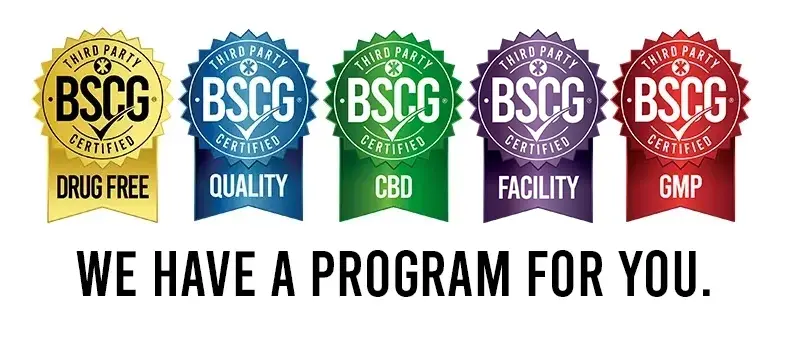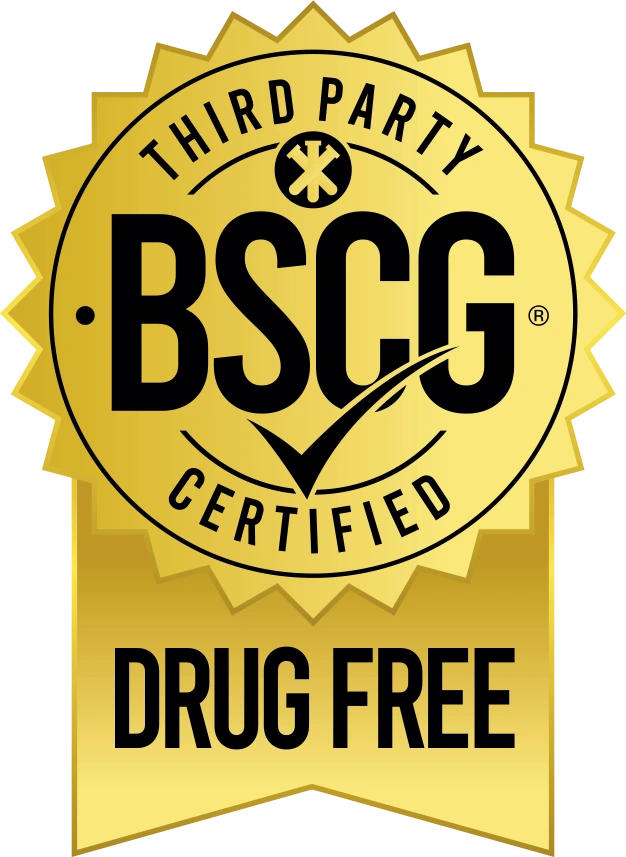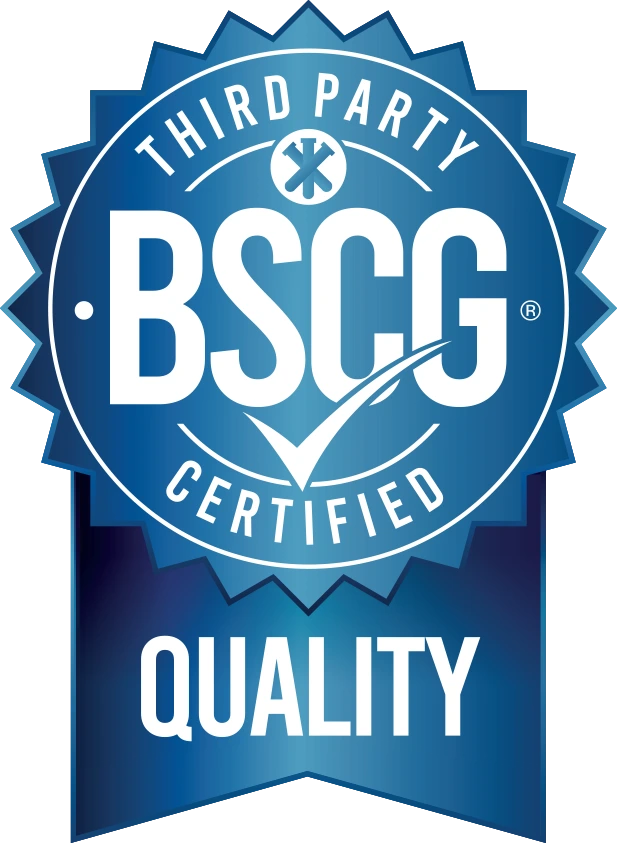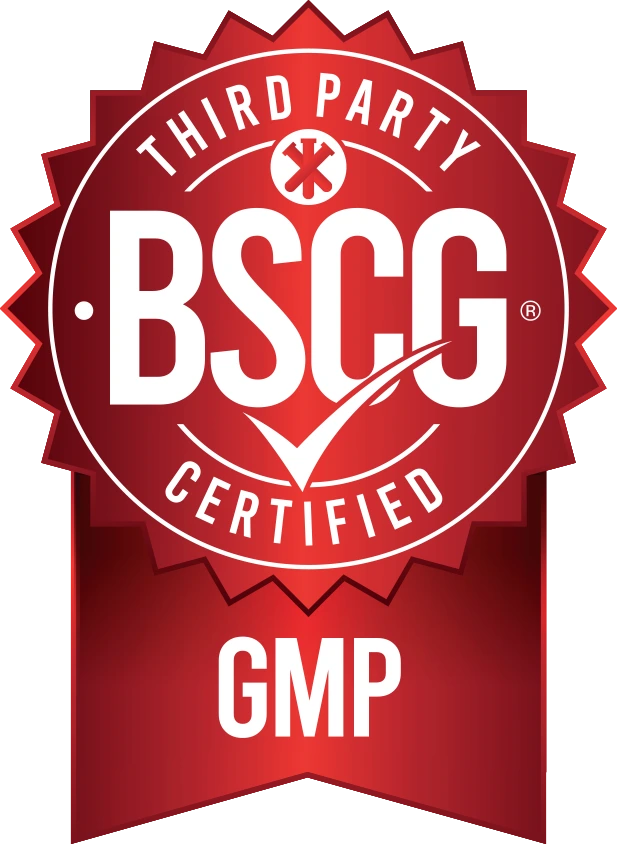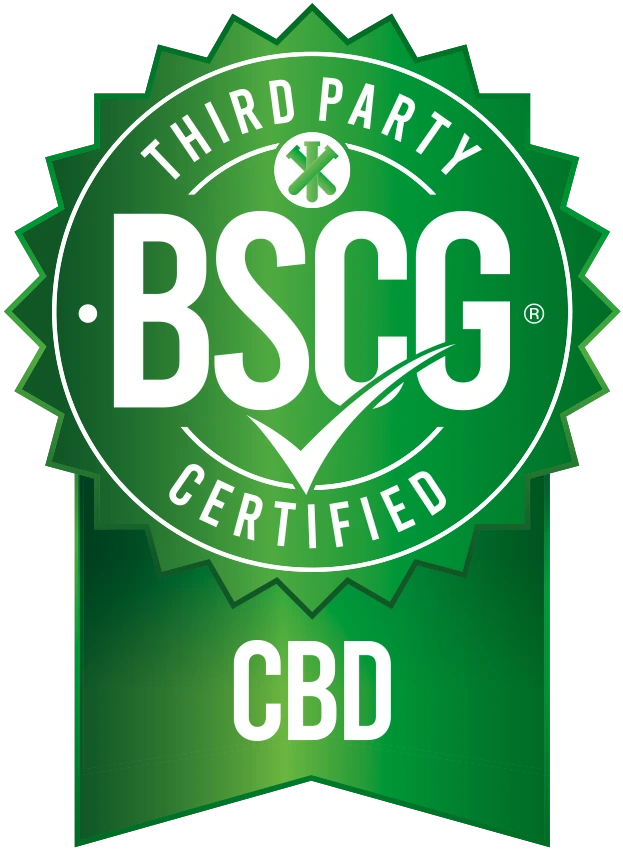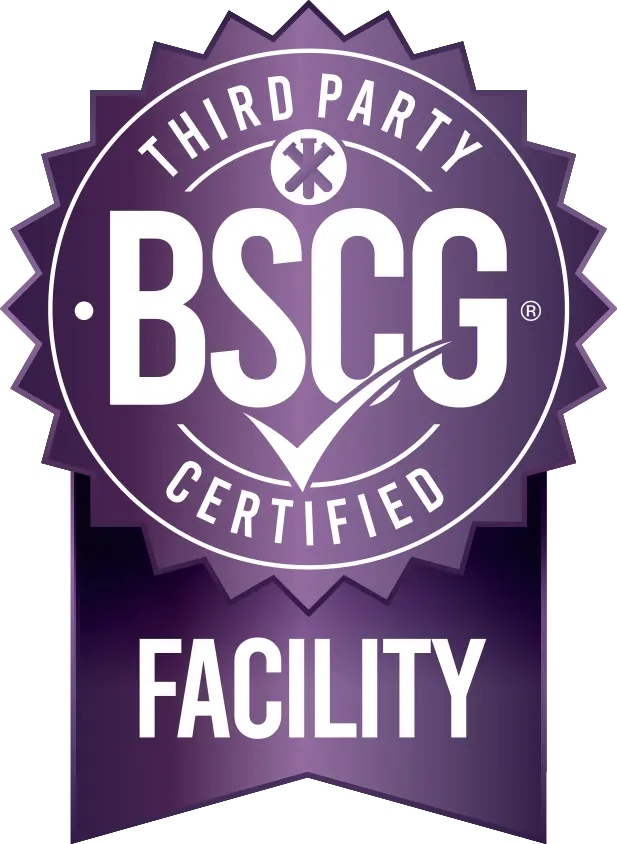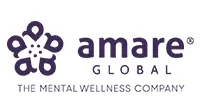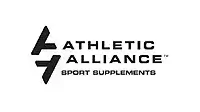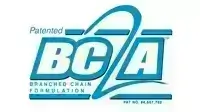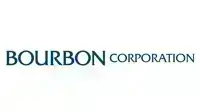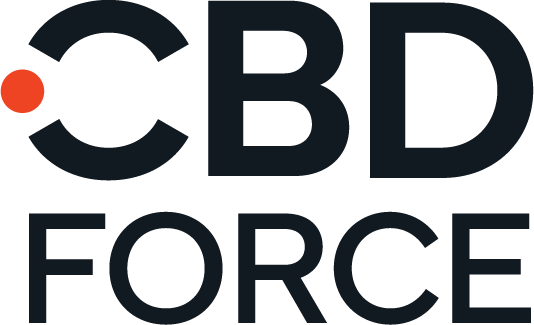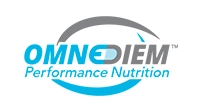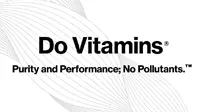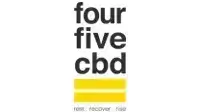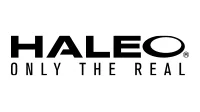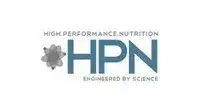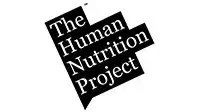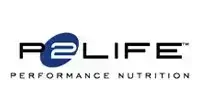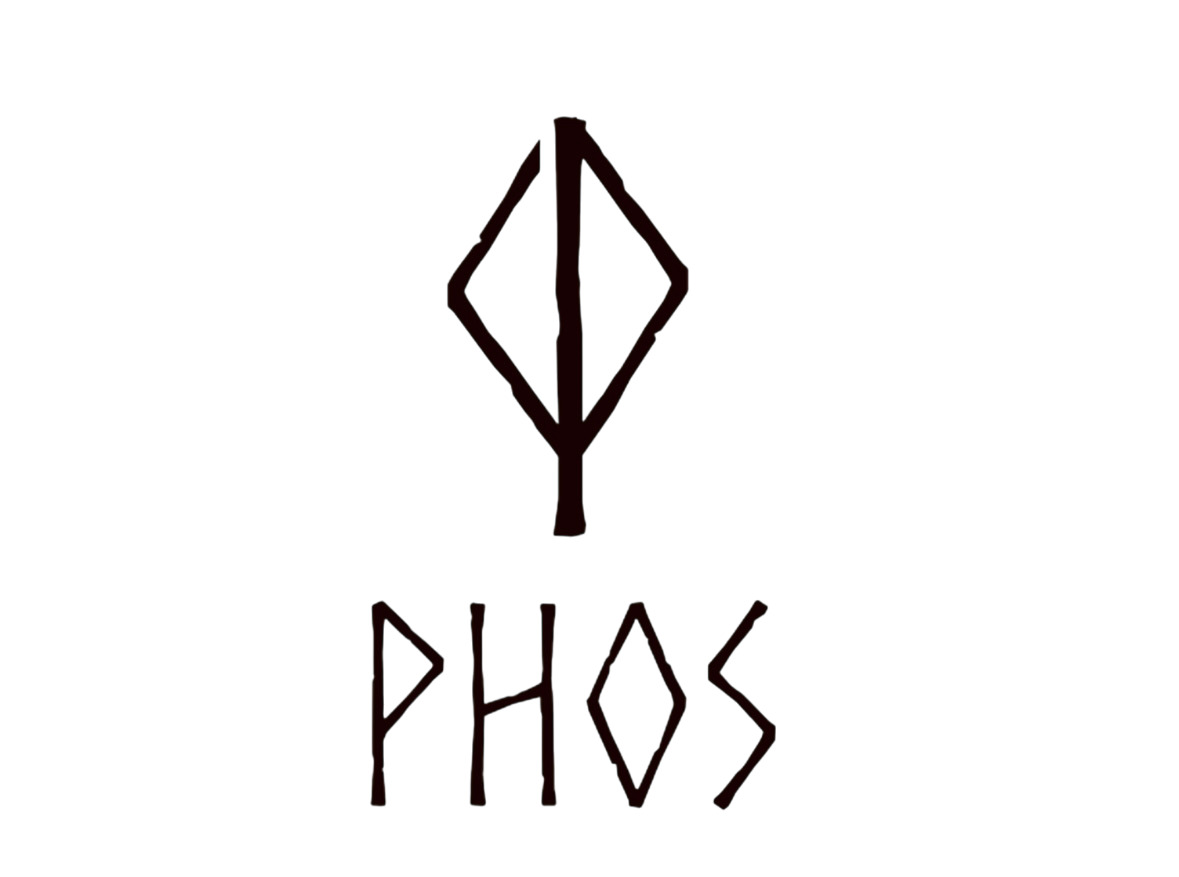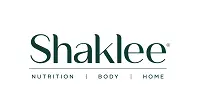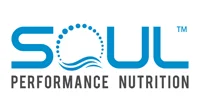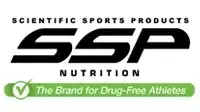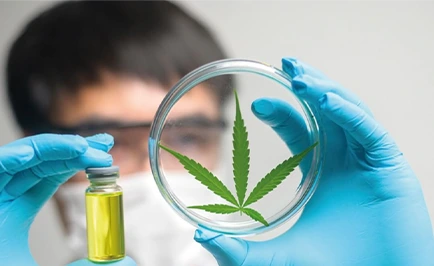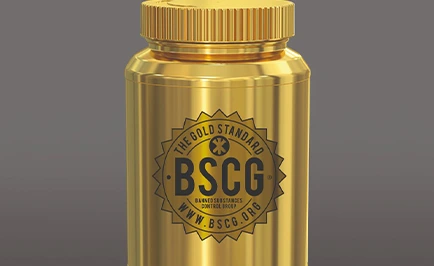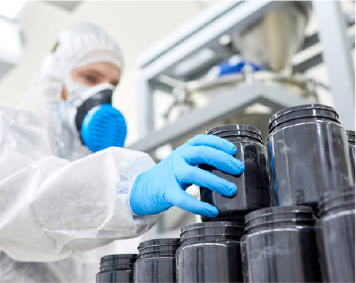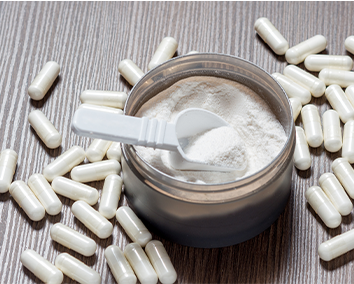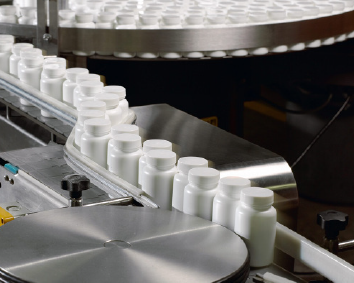BPC-157 The Quasi-Legal Peptide Everyone’s Whispering About
Aug 18, 2025
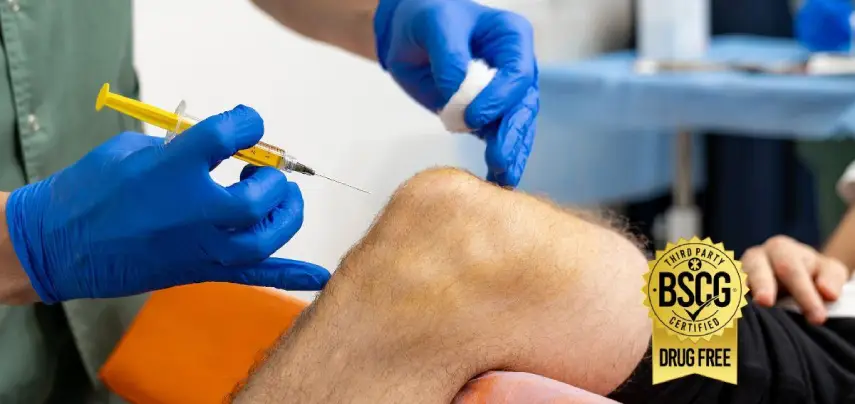
BPC-157 The Quasi-Legal Peptide Everyone’s Whispering About
BPC-157 is being injected, swallowed, and hyped as the next big thing in recovery, but what do we know about it? Here’s what the science says, what the rules don’t, and why this now mainstream peptide sits squarely in the middle of the grey area.
Life hurts. It doesn’t matter if you’re a pro athlete, in the military, or just work behind a desk; you’re going to get injured at some point. So, when an angelic supplement promises to heal that hurt, it gets mobbed with attention. This halo effect is hovering above BPC-157. To be clear, BPC-157 is a synthetic peptide derived initially from a protein found in human gastric juice; the compound itself is not present naturally. The name refers to Body Protection Compound-157, which sounds like something a Marvel comic book character might inject before an alien invasion. While there are almost no studies on its effects in humans, that hasn’t stopped athletes, influencers, and weekend warriors from getting their hands on it. That’s because it has become a staple product among regenerative medicine doctors, and even orthopaedic doctors are now suggesting it for patients. So, what’s it supposed to do? A recent systematic review on BPC-157 was published in July 2025 and noted that BPC-157 may help speed up the healing of muscle, tendon, ligament, and nerve injuries. Most of the studies involve rats. Only one involved a small group of 12 patients who received injections of BPC-157 for knee pain, and 7 of 12 reported improvement for more than 6 months. The lack of human studies certainly hasn’t killed the buzz. Anecdotally, it’s being used for everything from torn ACLs to ulcerative colitis. And while it’s often whispered about like a secret weapon, it’s a potential landmine for athletes or consumers due to the substance falling into a grey area of regulations.
A Grey Area of Regulations Puts Quality Control and Consumers at Risk
If you see a compound named with letters and numbers like BPC-157, it suggests that the substance is a research chemical that is or was under clinical trials as a drug candidate. In the case of BPC-157, it was submitted for clinical trials in 2015 under the name Bepecin and PCO-02, but the trial was cancelled, and it does not seem to have been pursued as a drug since. As it stands today, there is no legal basis for selling BPC-157 as a drug. As a synthetic peptide, it does not qualify as a legal ingredient in food or dietary supplements, as the FDA has clarified in warning letters. The FDA has put BPC-157 in category 2 for bulk substances that may be compounded and may present significant safety risks. The FDA statement notes the following: “Compounded drugs containing BPC-157 may pose risk for immunogenicity for certain routes of administration and may have complexities with regard to peptide-related impurities and active pharmaceutical ingredient (API) characterization. FDA has identified no, or only limited, safety-related information for the proposed routes of administration. Therefore, the agency lacks sufficient information to know whether the drug would cause harm when administered to humans.”
Can You Still Buy It?
All of this regulatory uncertainty has not stopped the sale of BPC-157, and it is now commonplace online and available for sale most often in the form of ‘Research Peptides’, usually in vials designed for injection, even though such products are supposed to be for research purposes only, not for human use. It is also available for oral use in the form of dietary supplements. Many of the BPC-157 injectable products are for sale as research chemicals, which is not technically a category within the FDA’s purview, as they are not supposed to be for human consumption. Still, the agency has said it has authority to act against such substances if deemed warranted. Typically, that is only deemed warranted if there are adverse effects. This grey area categorization means that the products may not be subject to proper quality control and testing, as other dietary supplements are under current Good Manufacturing Practices for Dietary Supplements (GMP - 21CFR111). So when it comes to the quality of the BPC-157, it could be all, or it could be nothing, or it could be an unexpected contaminant.
Banned by WADA and Generally in Other Sports and by the U.S. Department of Defense
BPC-157 appears on WADA’s Prohibited List in category S0-Non-Approved Substances. It is also explicitly prohibited by the NFL and UFC. In other sports like MLB or NCAA, it is broadly prohibited as a peptide hormone but is not specifically listed. The U.S. military, through Operations Supplement Safety (OPSS), includes it on the DoD Prohibited List of dietary supplement ingredients and provides a summary for service members. The U.S. Anti-Doping Agency (USADA) says that, “there appears to be no legal basis for selling BPC-157 as a drug, food, or a dietary supplement, and the Food and Drug Administration (FDA) confirmed there is also no legal basis for compounding pharmacies to use BPC-157 in compounded medications.”
Will It Make You Fail a Drug Test?
Yes, it certainly can cause a positive drug test, although none have been reported since BPC-157 was added to the WADA Prohibited List in 2022. The substance is detectable in urine for at least 72 hours. Although a positive drug test has yet to be reported, it is most certainly on the radar. In April 2025, the Canadian Centre for Ethics in Sport (CCES) handed out a four-year ban to volleyball player Emma Brooks after a non-analytical positive case that found she had used BPC-157 and the growth factor modulator TB-500. She knew she’d made a mistake and didn’t even dispute the violation, leading to her being banned from competing or training in any sport governed by WADA rules until late 2028. That’s a potentially career-ending penalty for a compound that some people still think flies under the radar. For Brooks, perhaps an injury that wouldn’t heal meant her career was in jeopardy anyway, but if you’re in a drug-tested sport or profession, using BPC-157 may be like playing chicken with your future.
What the Science on BPC-157 Tells Us About Efficacy and Adverse Effects
For something so hyped, the clinical evidence on BPC-157 is incredibly thin. Most of the available data comes from rodent models. And you’re not a rat. Studies have shown it may accelerate tissue regeneration and reduce inflammation in animals. But human trials? They don’t exist in any meaningful form. A 2025 paper in Alternative Therapies in Health and Medicine gave doses to two patients who tolerated it well and reported no side effects. The recent systematic review noted another paper that showed benefits for 7 of 12 subjects with knee pain. These only reflect a small sample size, so with a lack of clinical data, unclear dosing protocols, a lack of long-term safety data, and no standardization across suppliers, there are plenty of question marks. That said, there are countless people using BPC-157 as regenerative medicine, so unstructured human trials are happening daily, and you could even be the guinea pig. Many regenerative medicine doctors swear by BPC-157. But with quality control potentially suspect, even the doctors may not be getting what they think they are getting, and need to be extremely cautious to ensure quality in the products they sell. There have been 2 serious adverse events for BPC-157 reported in 2021 and 2023 in the FDA FAERS database for drugs, and one life-threatening event was reported in the CAERS database for foods and dietary supplements, so if there are adverse events happening, they are not being reported. Any reports of adverse events should be carefully evaluated, but overall, these are very low numbers considering the scope and scale of mainstream use today. This suggests that if there are widespread adverse effects from BPC-157, they are not being reported.
The Real Risks for Athletes, Tactical Pros, and Brands
Let’s say you’re a pro athlete, a military service member, or a competitive bodybuilder. You need to recover fast, and BPC-157 is calling your name. But if you source it from a website offering ‘research chemicals,’ you’re also signing up for mystery purity, zero quality assurance, and a potential doping violation. Some peptide brands say they are third-party tested. We’ve heard rumors that labs serving the peptide industry are producing COAs without conducting any testing. Even if you aren’t worried about a doping violation, you certainly should be concerned about what you are injecting or ingesting, as it could have substandard potency, contain environmental contaminants, have other undeclared banned substances present, or have issues with sterility. For supplement brands, the risks can be immense. Products that feature peptides, such as BPC-157, are unlikely to be compliant with FDA regulations and put brands at risk of warning letters.
Certification Is the Only Safety Net That Actually Works
Suppose you’re a brand formulating cutting-edge products or just trying to avoid ending up on a recall list. In that case, third-party certification is a secret weapon more brands are employing to showcase product quality and compliance to consumers. BSCG’s Certified Drug Free program screens every finished lot for 450+ banned substances, offering gold-standard anti-doping protection for athletes, military personnel, and drug-tested professionals. The program includes a third-party GMP compliance audit, a thorough quality control review, and verification of product quality annually. For consumer and retail protection, BSCG’s Certified Quality program performs annual testing for label accuracy, heavy metals, pesticides, microbiological agents, and banned substances. Programs like these offer a critical safety net for athletes, military service members, and consumers looking for ways to verify and ensure product integrity in the face of increasing complexity in the marketplace. If you want to find products you know you can trust, look for those with third-party certification.
BPC-157: A Grey Area With Red Flags
There’s no denying that BPC-157 is another substance having a moment. It sits at the inflection point of hype, hope, and high-risk self-experimentation. But that moment comes with questions no brand, athlete, or consumer can afford to ignore. Is it legal? Not really. Is it banned in sports or the military? Yes, and it is being watched. Is it safe? Nobody knows for sure. Are products being competently tested for potency, purity, and contaminants? Maybe yes, maybe no. For brands, the allure of BPC-157 may be strong, but one grey area ingredient could blow up your reputation. And for consumers? Research chemicals are like the wild west of consumer products. You might be at the frontier of progress, but that comes with a number of risks and unknowns, so tread cautiously.
